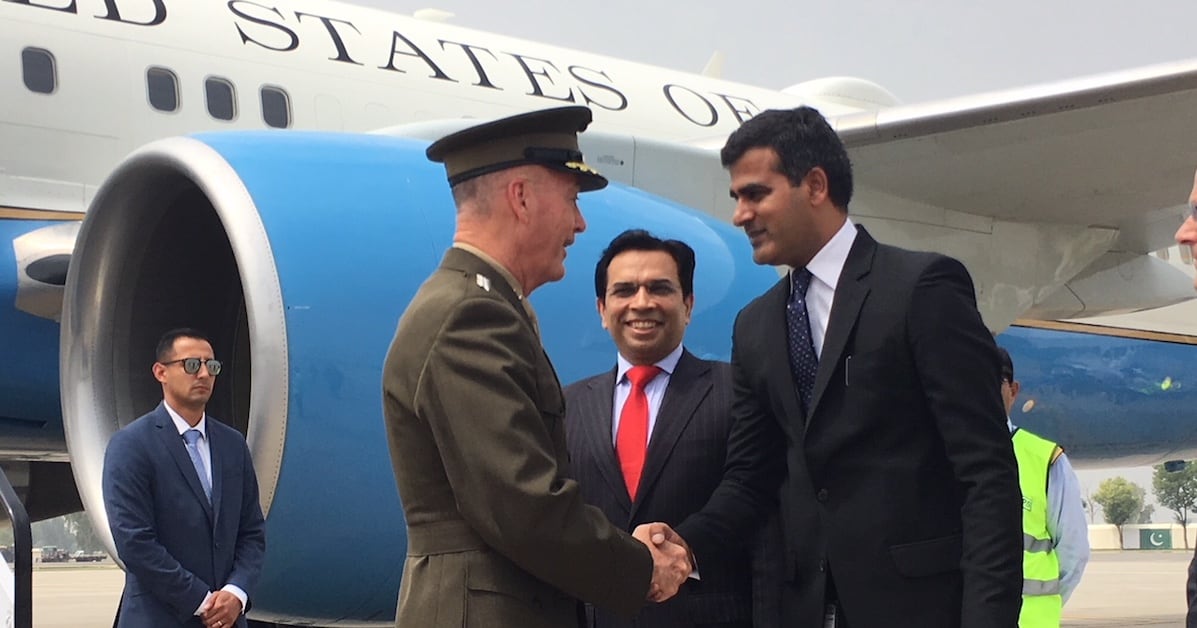Negotiations that would lead to a withdrawal of U.S. forces from Afghanistan continue to advance, but are a long way from completion, the top U.S. envoy to U.S.-Taliban peace talks said Friday.
Special Representative for Afghanistan Reconciliation Ambassador Zalmay Khalilzad told an audience at the U.S. Institute of Peace that ongoing discussions with the Taliban have so far focused on the top two priorities of both parties, and have led to an agreement “in principle” on those issues.
For the U.S., the priority was securing a commitment from the Taliban that it would never again allow a terrorist group to use Afghanistan as a staging ground to attack the U.S. or its allies, and an agreement in principle was reached on that issue.
For the Taliban, "with regard to troops, that was their most important issue,” Khalilzad said. As part of these initial talks, “we have agreed in principle on a framework for possible U.S. withdrawal,” Khalilzad said.
A Taliban spokesman told news agencies this week that the U.S. had agreed to remove half of its forces by May as part of this round of talks.
Khalilzad said the talks are still in the very initial stages. To date, the Taliban has not agreed to meet with Afghan government officials directly and Khalilzad said that reluctance is likely to continue through Afghanistan’s July 20 presidential elections. Both of the two agreements would have to be taken up by the Afghan government, along with a host of other issues.
RELATED

In December, U.S. defense officials confirmed that the U.S. was considering withdrawing as many as 7,000 of the approximately 14,000 U.S. forces deployed in Afghanistan. Now those plans “are in a holding pattern, to see what Khalilzad comes back with,” another official told Military Times Friday. For now, “the mission continues,” the official said, on the condition of anonymity.
Until talks between the Taliban and Afghan government officials can be held, “we will engage the Taliban further to flesh out these commitments that they have made,” Khalilzad said.
Khalilzad did not say whether the U.S. plans to withdraw all forces, or just reduce its footprint and keep a long-term force there.
“On the question of withdrawal vs. reduction, well, you can’t have a withdrawal without a reduction,” Khalilzad said. “We are in middle of the negotiations.”
He added that even though President Donald Trump would like to withdraw forces, Trump will not do that if the U.S. perceives there is another terror threat taking root there.
“We are not seeking permanent bases in Afghanistan,” Khalilzad said. “Our vision long term is for an Afghanistan that is entirely sovereign, independent and if they decide they don’t want to have foreign troops, we don’t want to stay where we’re not wanted — provided that there is no threat to our national security from Afghanistan,” Khalilzad said.
“That is a red line. I think that is the policy of the president as well.”
Tara Copp is a Pentagon correspondent for the Associated Press. She was previously Pentagon bureau chief for Sightline Media Group.





